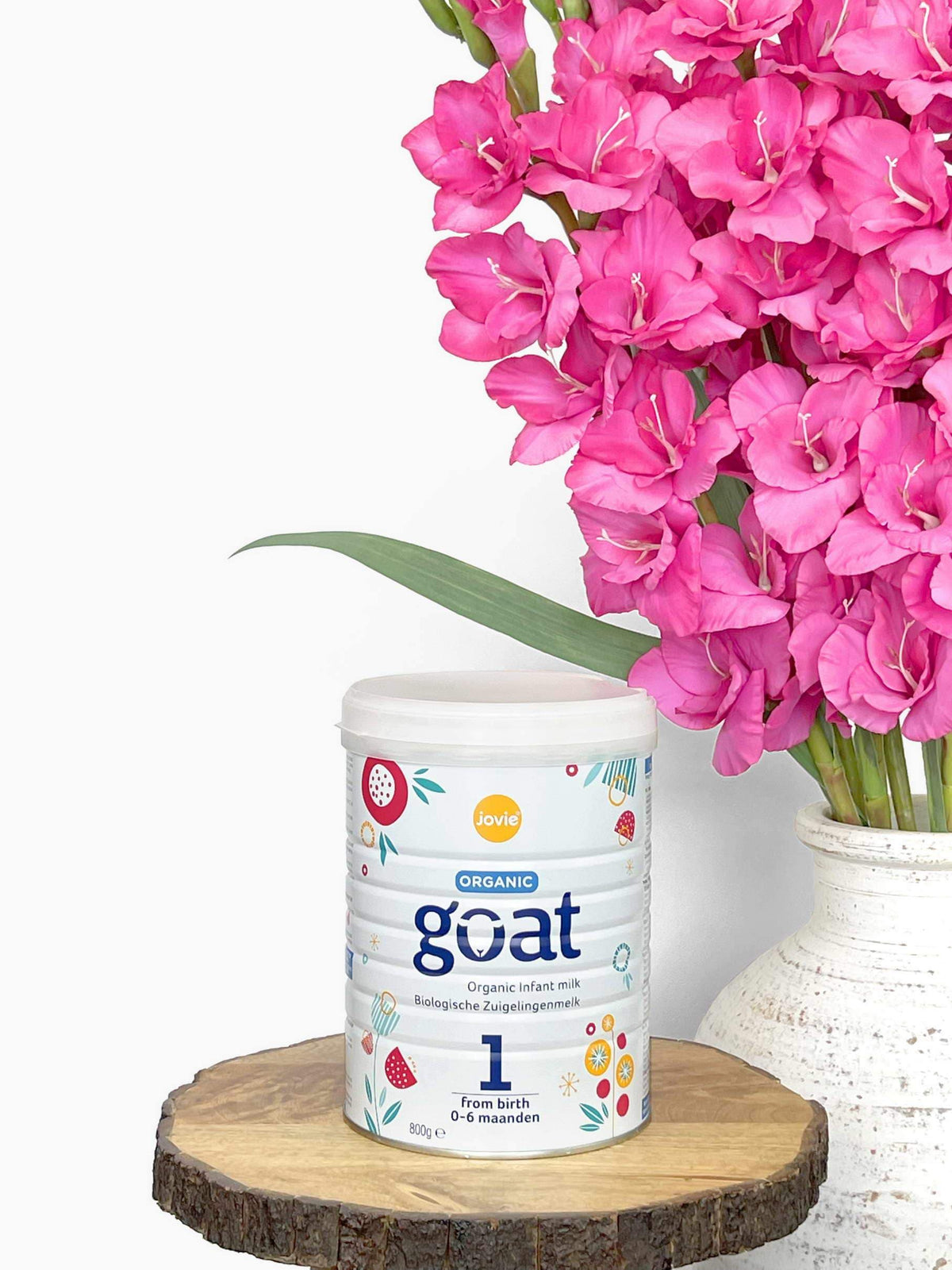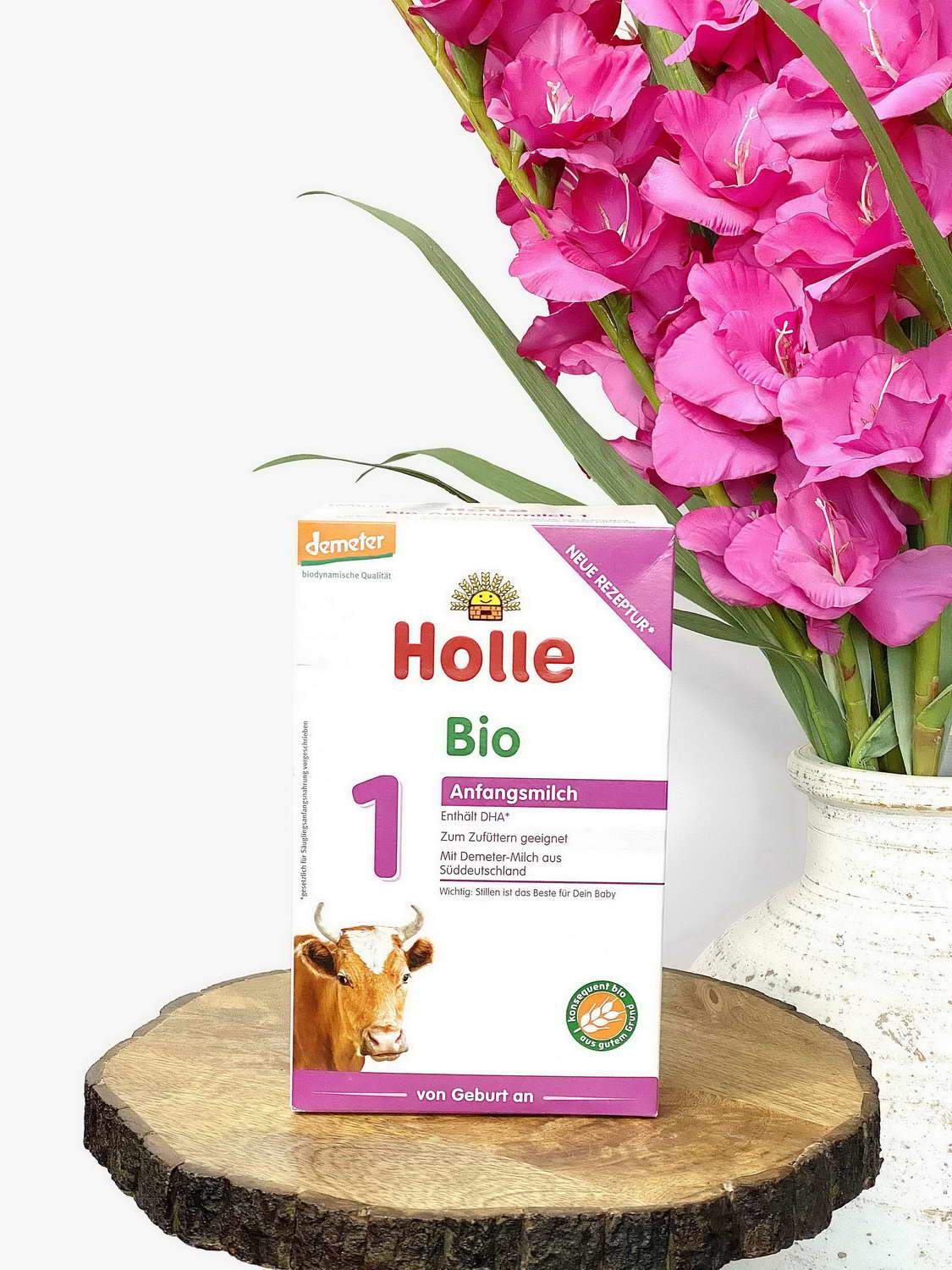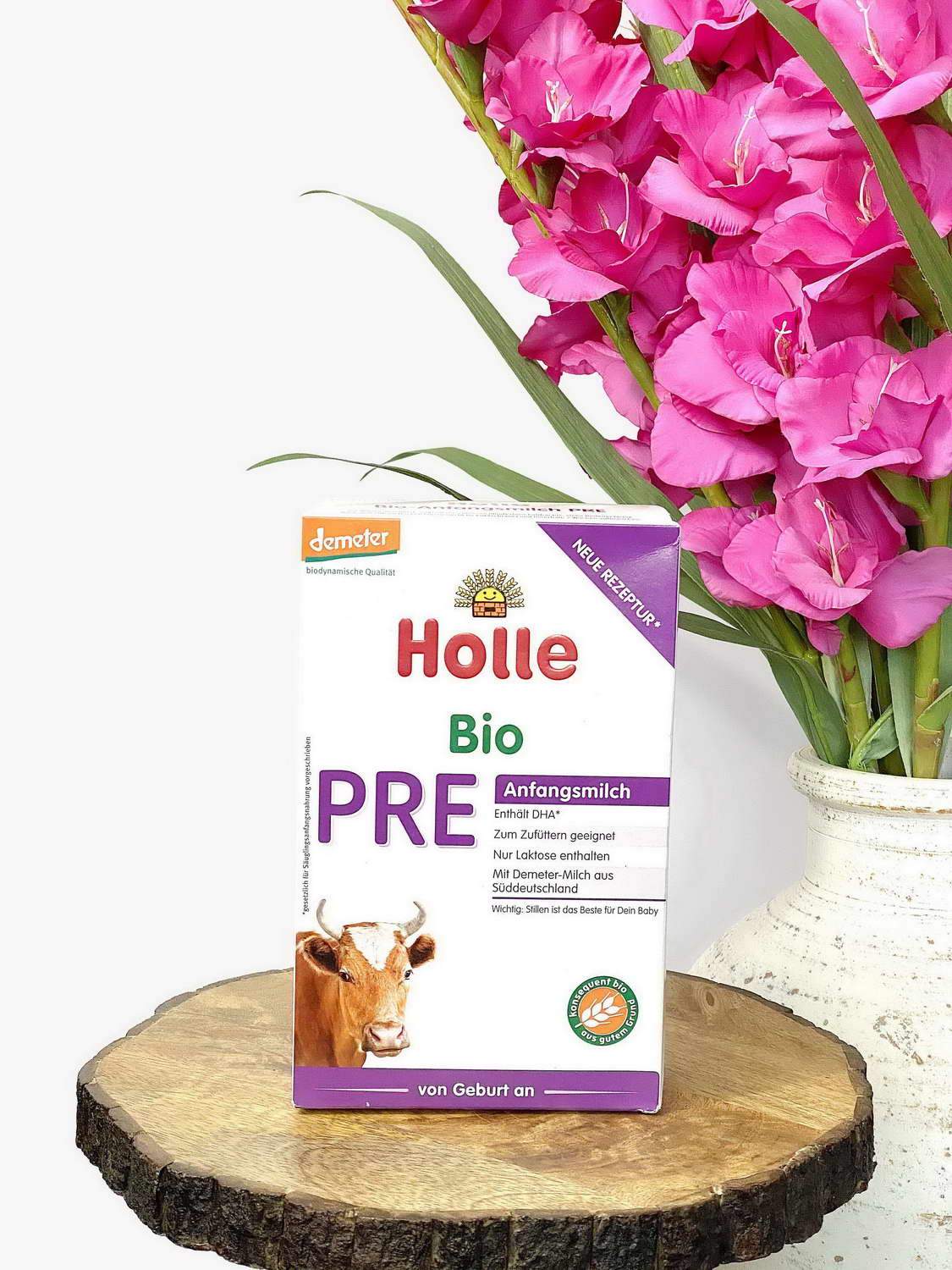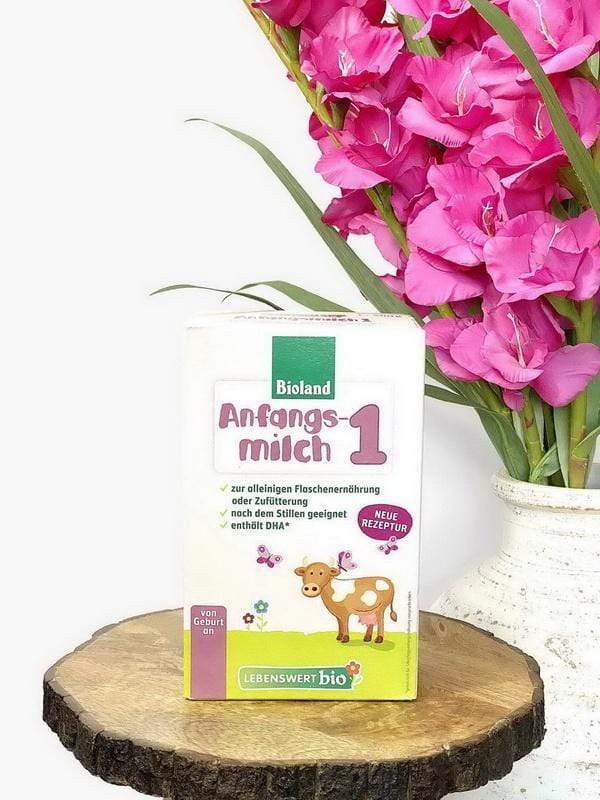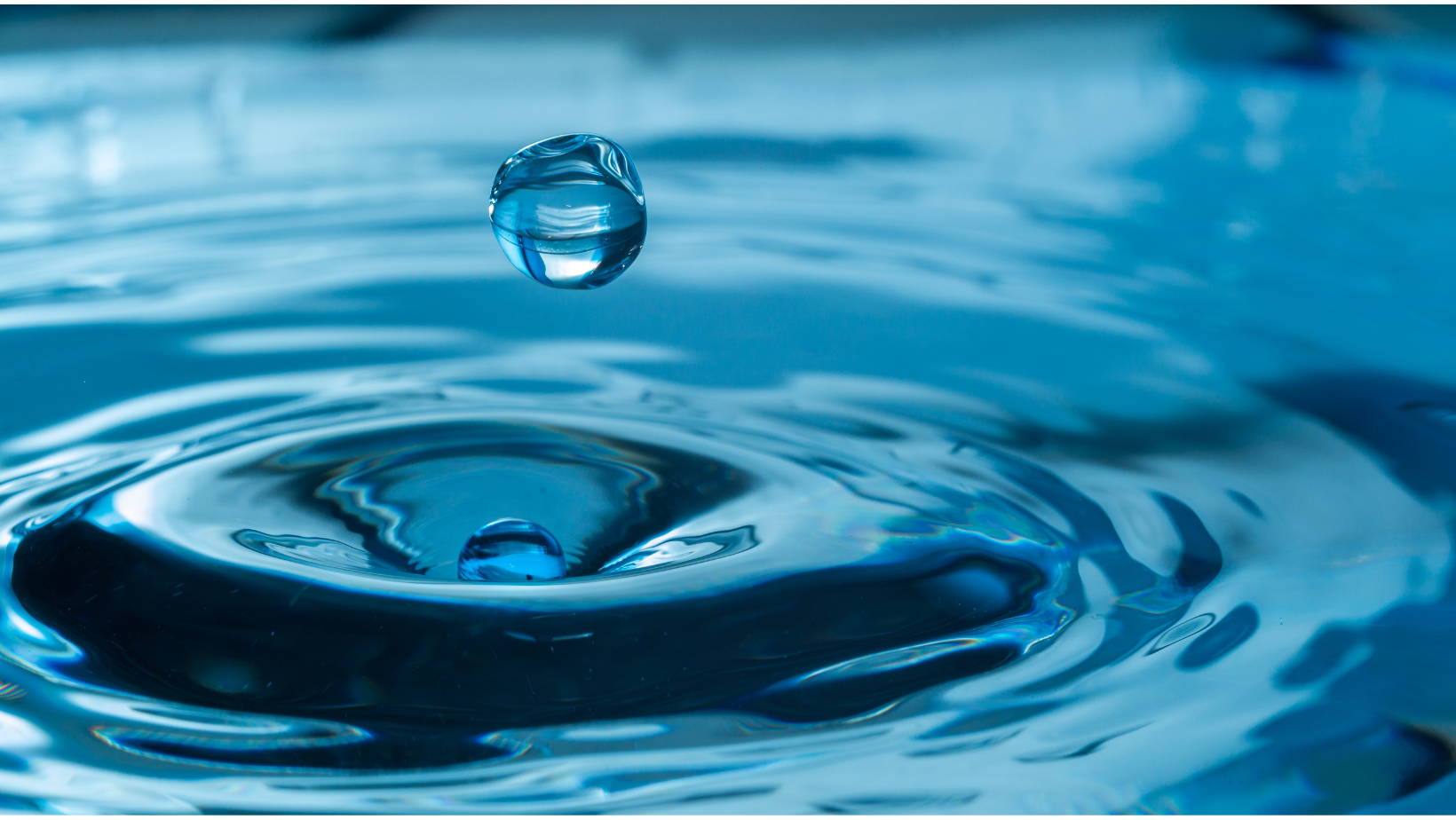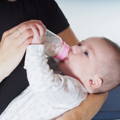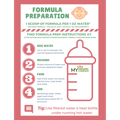A pediatrician usually recommends a baby formula brand at birth. Some infants and toddlers also require a hypoallergenic formula or a baby formula for a sensitive stomach. Parents tend to turn to My Organic Company because our formulas are made in Europe.
They do not contain harmful chemical, biological, physical, or radiological contaminants. U.S. water sources often include harmful contaminants like arsenic, cadmium, or lead. American baby formula companies often use tap water during manufacturing practices.










